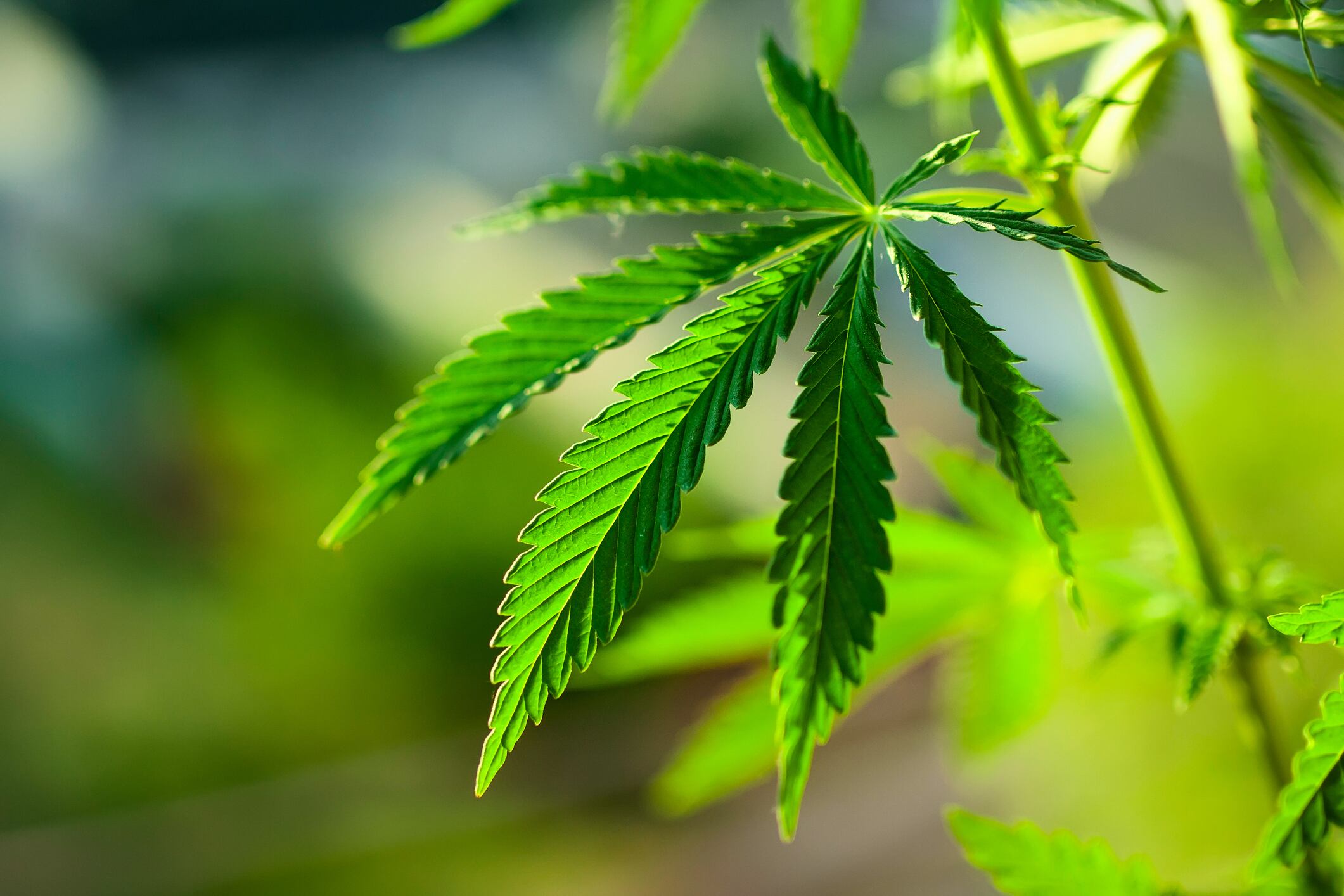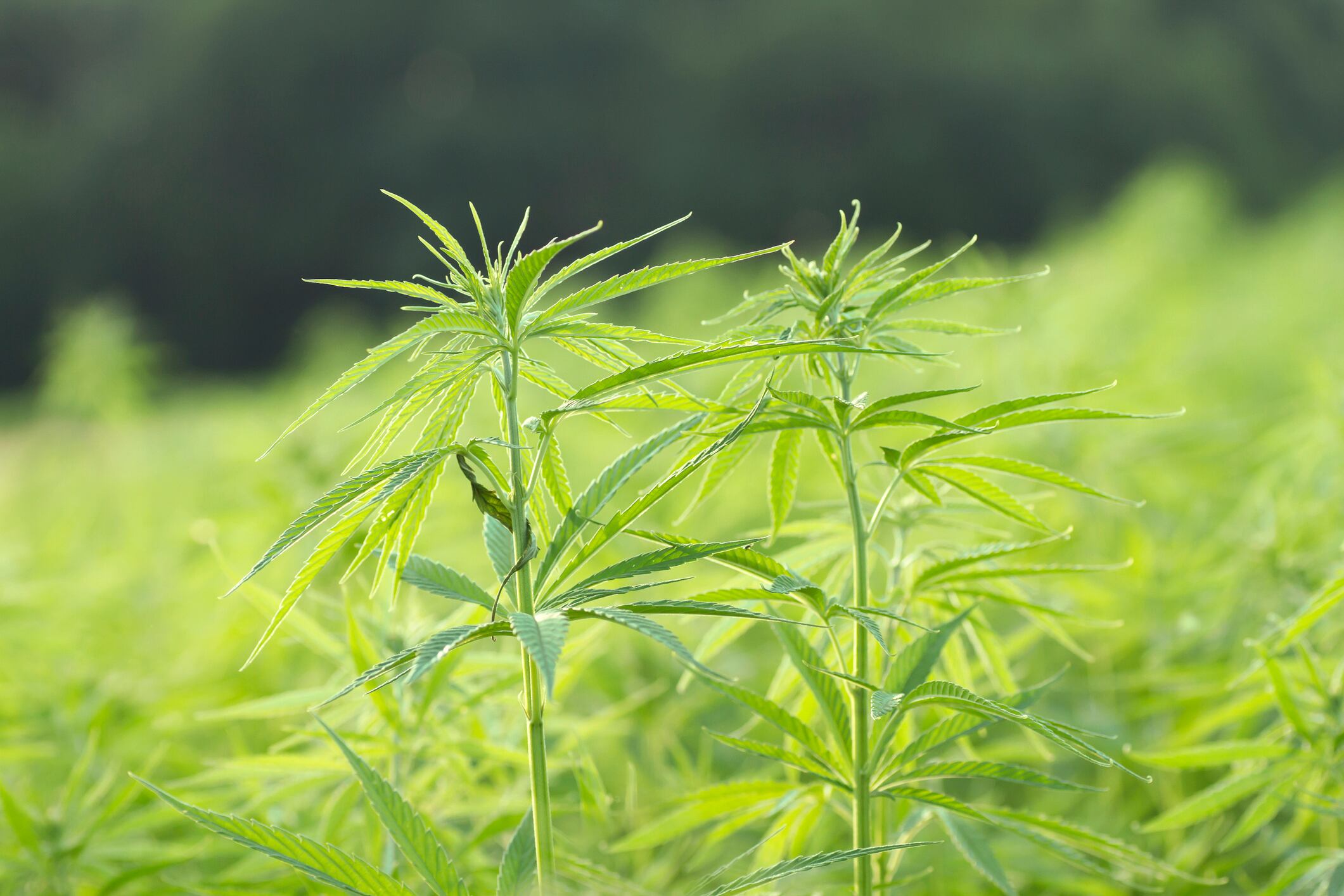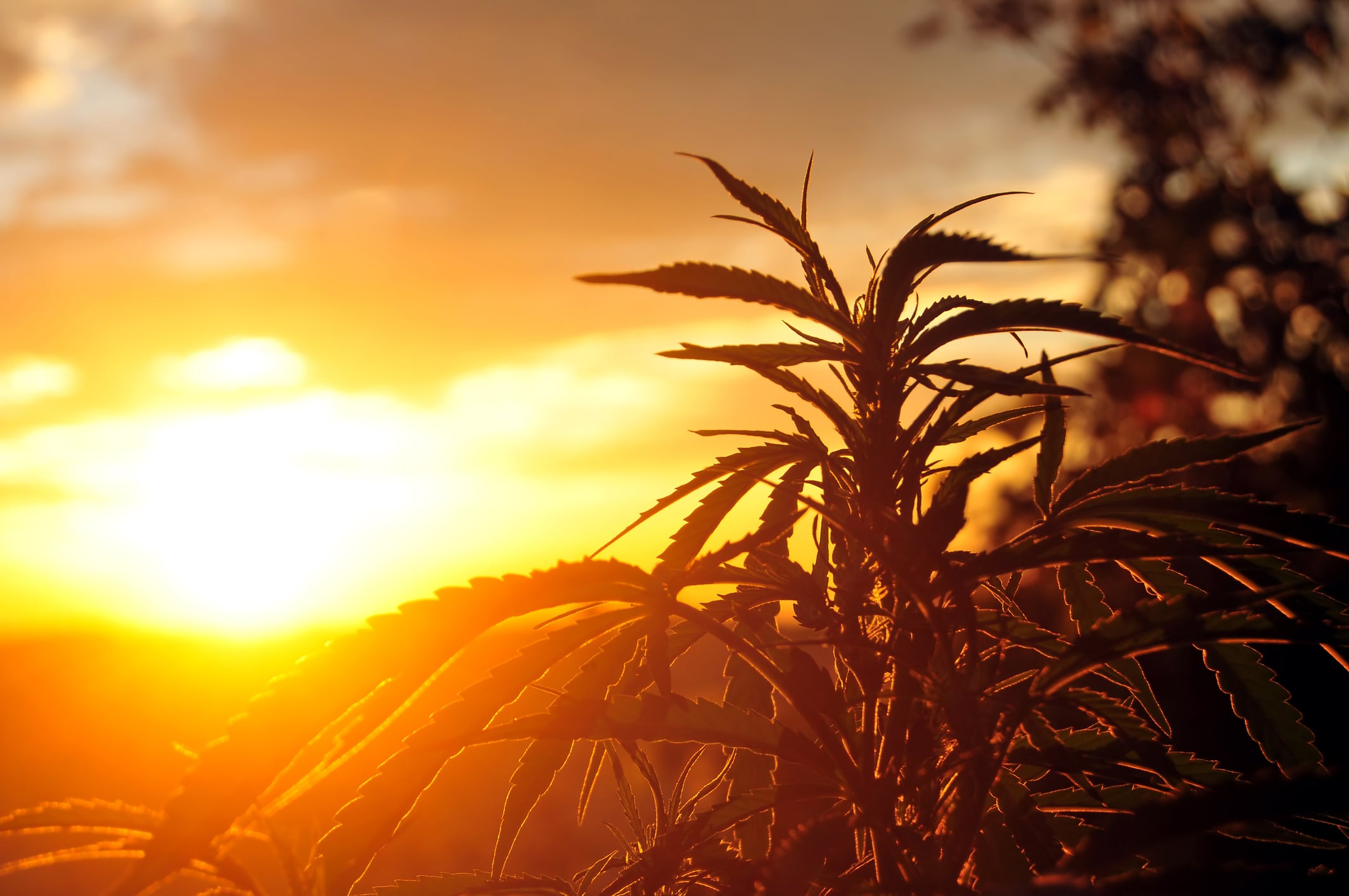The meeting, which will take place on November 19, 2020, from 9 am to 4 pm Eastern Time, will feature presentations from patient and healthcare provider perspectives on CBD and other cannabinoid use, sex differences in the effects of CBD and other cannabinoids, use of CBD and other cannabinoids in pregnancy, and government agency perspectives on CBD research and evaluation.
“FDA recognizes the significant public interest in cannabis and cannabis-derived compounds, particularly CBD,” states the Agency. “However, there are many unanswered questions about the science, safety, and quality of products containing CBD.
“The Agency is working on answering these questions through ongoing efforts including feedback from a FDA hearing and information and data gathering through a public docket. This public meeting will provide further insight into the scientific evidence suggesting the presence or absence of sex and gender differences in use and responses to CBD and other cannabinoids.
“Conditions for which CBD is often marketed, such as chronic pain, anxiety, depression, and sleep disturbances, are more prevalent in women than men. Therefore, consideration of issues pertaining to the safety of CBD products may be particularly important to address in women. In addition, use of CBD and other cannabinoids during pregnancy is an important public health concern that will be highlighted at this meeting.”
UNPA: A continuation of FDA's slow, deliberate approach
Commenting on the announcement, Loren Israelsen, President of the United Natural Products Alliance (UNPA), said that the public meeting is a continuation of FDA's "slow walking of the process by which they evaluate the safety and utility of CBD and other cannabinoids (that they're mentioning more and more).
"This document is really focused, and shows that FDA doesn't have a good understanding of this issue."
Israelsen added that the public meeting announcement appears to be written for the pharmaceutical industry but is intended to be noticed by the supplements industry.
What does the AER data show?
Dr Rick Kingston, President, Regulatory and Scientific Affairs, SafetyCall International and Clinical Professor of Pharmacy, University of Minnesota, is an expert in adverse event (AE) reporting. Dr Kingston told us that it is not possible to draw firm conclusions around gender from the adverse event reporting because in his experience AE data for dietary supplements has been heavily and disproportionately represented by female consumers.
Dr Kingston, who is also affiliated with the National Center for Natural Product Research at the University of Mississippi, explained that this could be because females may use more products in this class, or they have more health conditions such as pregnancy, menopause, breast cancer etc., where they turn to supplements for health support, or perhaps they are just more likely to report their incidents as opposed to men.
NPA: “This comes from the science”
Daniel Fabricant, PhD, president and CEO of the Natural Products Association (NPA), said that the meeting is based on the science, which shows that CBD does act differently in different populations.
Last year, the Agency warned pregnant and breast-feeding women to avoid CBD, THC and marijuana in any form, including the proliferation of food, supplements and cosmetics containing CBD and other cannabis-derived ingredients.
Dr Fabricant also noted that there are unanswered questions around how CBD and other cannabinoids may affect males (For example, a recent review in the Journal of Applied Toxicology explored the limited evidence to-date around cannabidiol’s effects on the male reproductive system).
“Cannabis does have hormonal effects, and those are the sorts of things that need to be discussed and understood,” said Dr Fabricant.





